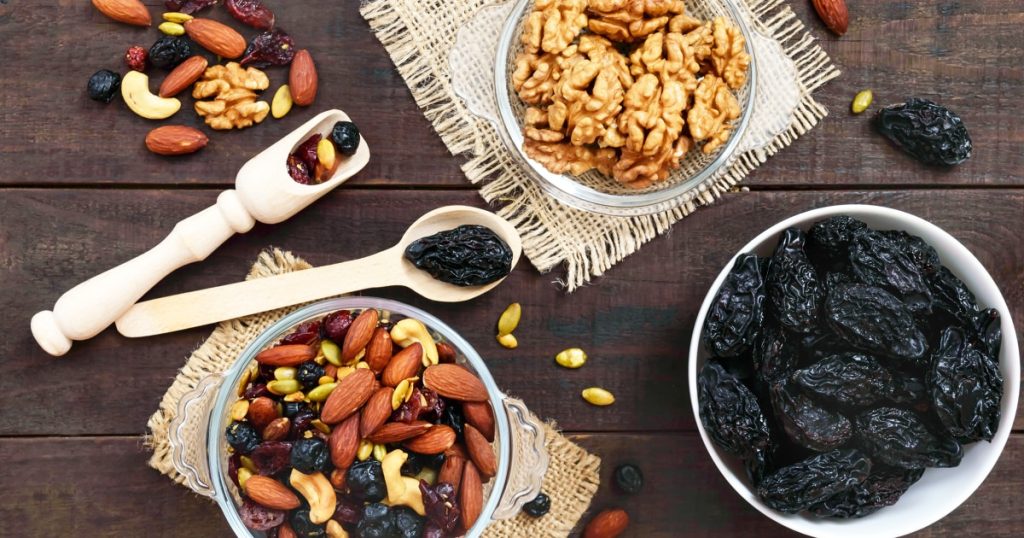Our brains, although only composing 2% of our body mass, require a significant amount of energy to function properly. Approximately 20% of the calories we consume are utilized by our brains. Eating a diet rich in brain foods is crucial for maintaining cognitive health, preventing dementia, and staving off cognitive decline associated with aging. As the aging population grows, the prevalence of Alzheimer’s disease, the most common form of dementia, is expected to rise to 14 million by 2060. Cognitive decline results from aging neurons and a general slowing down of brain function, leading to memory loss, impaired decision-making, and reduced learning ability. Specific foods can help support and enhance brain activity beyond the basic energy requirements.
Fatty fish, such as wild Alaskan salmon, sablefish, and halibut, are rich in omega-3 fatty acids, EPA, and DHA, essential for brain health. Regular consumption of seafood has been linked to a reduced risk of Alzheimer’s and dementia. Another essential nutrient, choline, found in eggs, plays a significant role in brain function, memory, and mood. Walnuts have been associated with improved cognitive function and memory in individuals at high risk for age-related cognitive decline and a reduced risk of Alzheimer’s. Berries, prunes, citrus fruits, and cocoa powder contain antioxidants, vitamins, and other compounds that support brain health and help combat inflammation, a common underlying factor for chronic diseases.
Extra virgin olive oil, a staple of the Mediterranean diet, is rich in polyphenols and vitamin E, contributing to brain health and potentially lowering the risk of dementia. While specific foods play a crucial role in promoting brain health, lifestyle habits also significantly impact cognitive function. Strategies such as focusing attention, organizing information, connecting new knowledge to existing experiences, and participating in aerobic exercise can improve memory and cognitive abilities. Additionally, paying attention to daily habits like diet, physical activity, and mental engagement can contribute to maintaining good brain health and reducing the risk of cognitive decline as we age.
While supplements are not specifically recommended for brain health, monitoring levels of vitamin D and B12 is advised as they are essential for memory function. Recipes incorporating brain-boosting ingredients like fatty fish, eggs, walnuts, berries, and olive oil can help individuals enhance their cognitive health while enjoying flavorful and nutritious meals. Incorporating these foods into a balanced diet, along with adopting healthy lifestyle practices, can support brain health and overall well-being throughout the aging process. By prioritizing brain-friendly eating habits and implementing memory-enhancing strategies, individuals can take proactive steps to safeguard their cognitive health.


